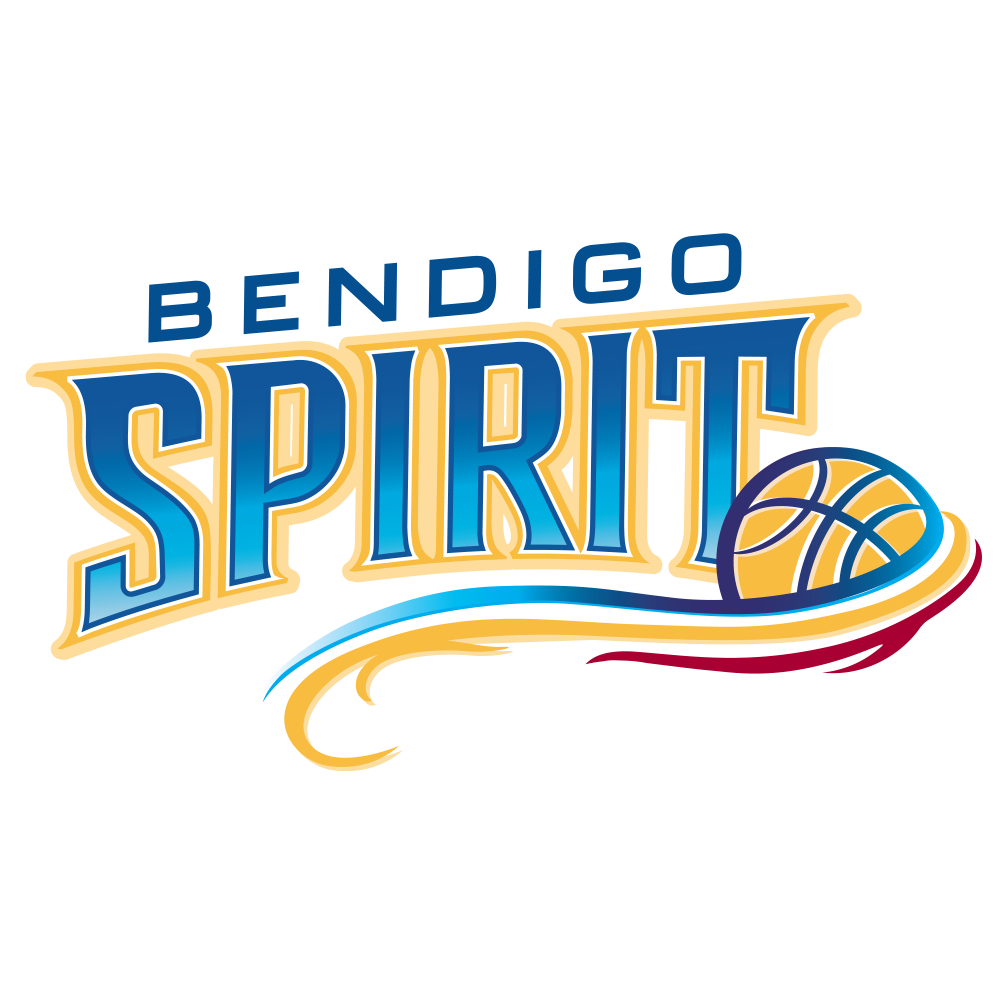Born in Albury, New South Wales, Jackson was just a child when she declared that she would play for Australia and follow in the footsteps of her parents, Gary and Maree.
She began playing at the age of 4 and by the time she reached Murray High School, Jackson was identified as a future national player.
Through the junior pathway, she represented NSW Country at the Under-16 and Under-18 national Championships before winning the Under-20’s title and School Championships with Murray High.
Jackson was offered an AIS scholarship when she was only 14 and her maturity and drive to succeed, even at that age, saw her make her Australian debut with the Under-20 Gems that same year.
She earned a spot in the Gems team for the 1997 World Junior Championships and played a pivotal role in their silver-medal winning performance, averaging 14.3 points (ninth best) and 9.9 rebounds (third).
Realising her potential, Opals coach Tom Maher fast-tracked Jackson into the senior program and she made her Opals debut in 1997, the same year she began her WNBL career.

Image via Getty Images/SBS.
Jackson was named the Rookie of the Year in her first season, putting up 12.6 points and 8.1 rebounds and it did not take long for her to create history, winning the 1999 Championship with the AIS- their first and only title.
The top scorer in that season with 23.2 points per contest, Jackson was crowned the league MVP and won the Grand Final MVP- an award she went on to win four times (2000, 2003 and 2004).
After graduating from the AIS, Jackson moved to Canberra where she would spend 1999-2004 as well as the 2005/06 and 2009/10 seasons, leading a dynasty that made the playoffs in each of those seven seasons, reaching the Grand Final six times and winning five Championships (2000, 2002, 2003, 2006 and 2010).
In that time, Jackson took her MVP tally to four with wins in 2000, 2003 and 2004 while she earned six consecutive All-Star awards from 1999-2004.
Statistically, Jackson’s dominance of the league is exemplified by the fact she is only placed 119th for games played but sits 13th for points, tenth for rebounds and fourth for blocks.

While the WNBL showcased Jackson’s talents to Australia, the world was able to see what all the fuss was about at the 1998 World Championships when a 17-year old Jackson helped the Opals to a bronze medal- their first podium finish at a World Championships.
Two years later, Jackson, still a teenager, competed in her first Olympics and the occasion was made even more special by playing on home soil in front of family and friends in Sydney.
The Opals won the silver medal and Jackson was a standout in the final, recording 20 points, 13 rebounds and two steals while she finished the tournament third for points (15.9), fourth for rebounds (8.4), third for steals (1.5) and first for blocks (2.4).
Her arrival into the national team sparked a golden era for the Opals as they went on to win bronze at the 2002 World Championships, silver at the 2004 Olympics, gold at the 2006 Commonwealth Games, silver at the 2008 Olympics and bronze at the 2012 Olympics.
However, Jackson’s career highlight came in 2006 as the Opals claimed an elusive FIBA gold medal, winning the World Championships just six months after claiming victory at the Commonwealth Games.
Starting the tournament in ominous style with 31 points on 10-10 shooting against Senegal, Jackson then recorded consecutive double-doubles against Spain and Brazil before scoring 30 points in 20 minutes against Argentina to lead the Opals into the Quarter-Finals.
They held off a late charge from France as Jackson collected 19 points and 11 rebounds before advancing to the gold medal game with a 12-point win over Brazil behind 19 points, seven rebounds, one steal and three blocks from Jackson.
With the USA losing to Russia in the other Semi-Final, Australia had their best shot at a gold medal and they did not the let chance slip as they claimed a comprehensive victory over Russia, 91-74.
One of four Opals to reach double-figures in scoring, Jackson had another double-double of 16 points, 11 rebounds, one steal and one rejection in the final as she finished the World Championships first for points (21.3 per game), second for rebounds (8.9) and fourth for blocks (1.4).
Following the 2013 FIBA Oceania Championships, Jackson announced her retirement from the national team after 220 games while she also departed as the all-time leading points scorer in Olympic women’s basketball history.

Not just a hero of Australian basketball, Jackson grew her legend with incredible performances in the WNBA, Europe and Asia.
The only player to have their jersey retired by the Seattle Storm, Jackson played 12 seasons and 338 games in the WNBA, winning the league MVP in her third season when she led the competition for scoring.
A year later, Jackson won the WNBA Championship and she claimed another MVP in 2007, pacing the competition for scoring and rebounds, before combining her third MVP (equal most in league history) with a second Championship in 2010.

Jackson competed in Russia and Spain where she won three Championships as well as being a three-time EuroLeague Champion, two-time EuroLeague All-Star and a EuroLeague final four MVP while she was also a Korean league MVP where she owns the single-season scoring record and game-high scoring record with 56 points.
In addition to her induction, Jackson was named the Australian International Player of the Year five times (1999, 2000, 2002, 2004 and 2008), the AIS’ ‘Best of the Best’ in 2005, had the Albury Sports Stadium renamed in her honour, was inducted into the Basketball NSW Hall of Fame in 2011 and was appointed an Officer of the Order of Australia in the 2015 Queen’s Birthday Honours.








